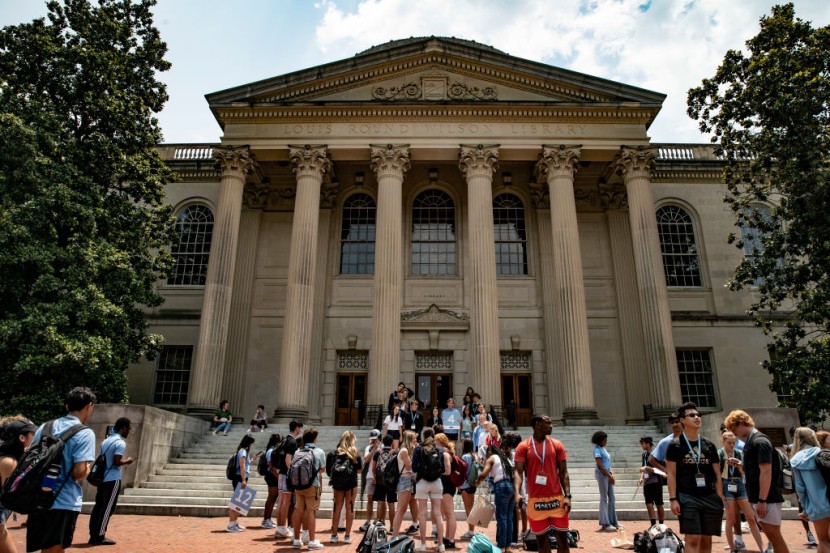The Free Application for Federal Student Aid (FAFSA) is grappling with processing delays that are now projected to extend until March, as announced Tuesday by the Department of Education.
This unforeseen setback has triggered widespread concerns and frustrations among students, parents, and educational institutions across the United States (U.S), leaving thousands of college-bound students uncertain about their financial aid packages and casting a shadow over college admissions and commitment deadlines.

Reports highlight a critical glitch in the FAFSA processing system that has led to substantial delays in the verification and correction of financial aid applications. The glitch, surfacing in early January, has impeded the timely disbursement of financial aid packages, leaving students and educational institutions in a state of flux.
One of the significant concerns raised by affected students is the impact on college admissions decisions and the commitment deadlines imposed by many institutions.
As the May 1 commitment deadline looms, students are faced with the daunting choice of either committing to a college without knowing the full extent of their financial aid or risking potential enrollment challenges.
College admissions offices are reporting a surge in inquiries and appeals from anxious students seeking clarity on their financial aid status.
The delay in processing FAFSA data occurred because the Department of Education aimed to correct an error in determining the amount of aid qualifying students receive, particularly those commencing college in the 2024-25 academic year.
Usually, schools get FAFSA data by October 1. Yet, issues arising from the revised FAFSA form required by Congress in 2020 had already delayed the release until the first week of 2024.
This month, however, the department admitted that it overlooked updating tables for calculating families' eligibility based on inflation, causing the delay to be extended until March.
Education experts argue that the FAFSA processing delays are particularly unconscionable given the timing, as colleges traditionally expect commitments from admitted students by May 1.
As reported by NBC News, Justin Draeger, the president of the National Association of Student Financial Aid Administrators, expressed concern, stating that these last-minute delays could potentially harm the students and families that federal student aid aims to assist.
Educational institutions, especially those relying on enrollment numbers for budget planning, are also feeling the impact. The delays may lead to a cascade effect, influencing colleges' ability to accurately project incoming classes and allocate resources accordingly.
Potential Long-Term Solutions and Policy Reforms
In response to the growing concerns, policymakers and education stakeholders are calling for immediate action to address the FAFSA processing glitches and prevent similar issues in the future.
The U.S. Department of Education has acknowledged the problem and is working to expedite the resolution of pending financial aid applications.
Experts suggest that a comprehensive review of the FAFSA processing system is necessary, with a focus on upgrading and modernizing the technology infrastructure to ensure smoother operations.
Additionally, calls for increased transparency and communication between the Department of Education and educational institutions are gaining traction.
Furthermore, some advocates propose revisiting the timelines for college commitment deadlines in light of unforeseen circumstances like the current FAFSA processing delays. This could provide students with more time to make informed decisions without the added pressure of looming deadlines.
© 2026 HNGN, All rights reserved. Do not reproduce without permission.








